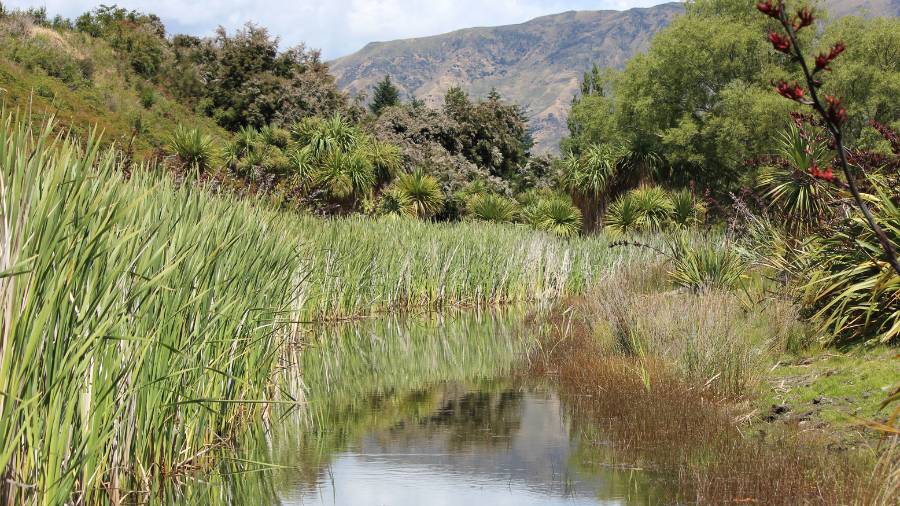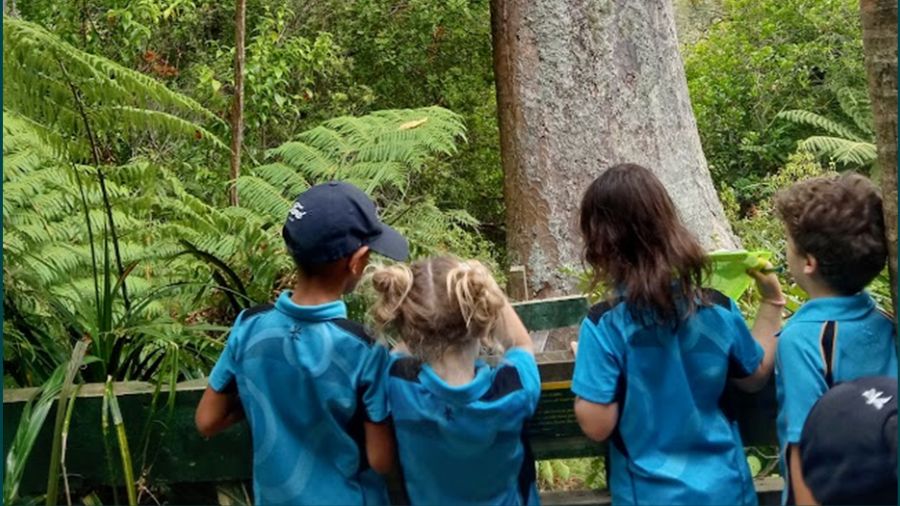Curriculum News June 2025: English Draft Feedback
June 4th, 2025
This curriculum update includes information and support to help you provide feedback on two areas currently open for consultation:
Draft English Curriculum Yrs 7 - 13 consultation closes June 13th (see below)
Education & Training Amendment Bill consultation closes June 12th (see NZAEE's submission here)
NZAEE will be submitting feedback for both of these consultations and we encourage you to do the same if you have the time and capacity - either as an individual and/or on behalf of your organisation.
We would like to acknowledge that the relentless series of changes and submissions are likely to be wearing you down, so be kind to yourself and just do what you can, or ask others to join you to provide some moral support and share the load. The advice below includes instructions for short and quick submissions, along with links and more information if you have time.
Note: The timeframe for the release of other draft learning areas (Science, Social Science, Health & PE, the Arts, Technology), along with the updated draft curriculum framework (Te Mātaiaho) is Term Four, so there is a small 'break' in this work until then. NZAEE continues to advocate for representation of educators who are experienced in environmental education and mātauranga Māori within the contributing groups and focus groups for the review of all learning areas.
We will also be submitting on the Regulatory Standards Bill and any other proposed legislative changes that will affect ākonga and te taiao. We will keep members updated on progress with this submission.
Feedback on English Yrs 7 - 13 Draft
We encourage you to submit your feedback in one of the following ways, noting that both will be formally included in the consultation process:
1. Email your feedback directly to: NationalCurriculum.Refresh@education.govt.nz
Subject: Feedback on English Yrs 7-13 draft
OR
2. Complete the feedback survey here, and skip the sections that don't apply, adding most of your comments into the final section that asks for overall feedback (but you could also comment on the Purpose Statement).
NZAEE Feedback
This includes our overarching concern about the framework and focus of this document, backed up with more specific details and suggestions for changes.
We are deeply concerned that this draft does not include Te Mātaiaho framework, including Mātaitipu | Vision of Young People and Mātaiahikā | Relationships with tangata whenua and local community. As a result, this curriculum draft does not honour Te Tiriti o Waitangi, our environment or our young people.
Our correspondence (April 2025) with the Curriculum Refresh team included this response: "Through the refresh of the NZC, we will aim to ensure that the learning in each area contributes to the lives of learners and supports their vision for a thriving community as outlined in Mātaitipu."
We do not see evidence of this within the draft English Yrs 7 - 13 document. If Mātaitipu was being supported within English we would expect to see explicit references to the vision of young people, such as ‘connection to community’, ‘giving effect to Te Tiriti o Waitangi’, ‘positively contributing to communities, Aotearoa and the world” and supporting them to be “kaitiaki of our environment”.
All previous draft curriculum documents, including the current Yr 0 - 6 English curriculum have included the critical focus statements for each phase of learning. These provide the opportunity to connect learning across the curriculum, with a “strengths-based, focus on the student and their social, emotional, and cognitive learning at this stage of their schooling journey” - quote from English Yr 0- 6 Learning Area Structure, Tāhūrangi.
The critical focus statements below are not included in this English draft.
Yrs 7 - 8: Seeing ourselves in the wider world and advocating with and for others
Yrs 9 - 10: Having a purpose and being empathetic and resilient
Yrs 11 - 13: Navigating pathways and developing agency to help shape the future
SUGGESTIONS:
1. Return references to mātauranga Māori, Te Tiriti o Waitangi and sustainability to the English Purpose Statement and incorporate these meaningfully within the curriculum document, including within Understand, Know, Do, by referring to the 2023 English draft.
From the 2023 draft English Purpose statement:
“Engaging with mātauranga Māori through the creation and interpretation of texts provides opportunities to strengthen knowledge and understanding of te ao Māori and Māori perspectives, and to play a part in giving effect to Te Tiriti o Waitangi.”
“... students are able to connect with experiences and issues of global significance. They use their insights to advocate articulately and persuasively for equity and sustainability and to contribute to resolving collective global challenges.”
From the 2023 draft English, Understand (Big Ideas):
Literature, language, and texts embody power relationships. Throughout history, literature, language, and texts have been used to uplift and share, and to dominate and exclude. Recognising and using the power and influence of literature, language, and texts give us tools to advocate for ourselves and others. Exploring the effects of colonisation on our languages and literatures is an important part of understanding power relations in Aotearoa New Zealand.
2. Return the critical focus statements and use these to integrate teaching guidance that supports students to advocate, have a purpose and develop agency through environmental and place-based contexts, using their oral and written skills along with creativity and critical thinking.
You can find examples of literacy and English learning being woven through relevant contexts in our recent case study written by Yr 7-8 teacher Ange Rayner, Climate Education: A Teacher's Perspective.
Remember to submit your feedback before the end of the day on Friday June 13th.






